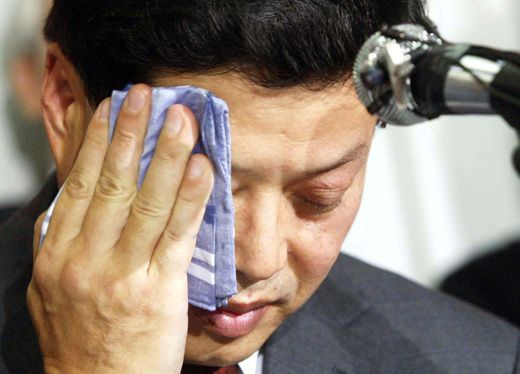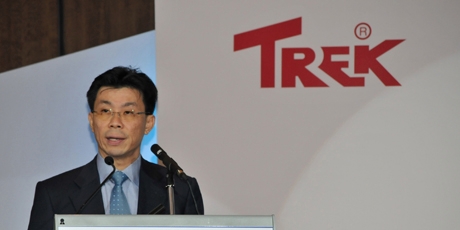Although bribes and corruption is a kind of universal circle of life: ‘powerful politicians bully businessman and wealthy businessmen in turn bribe and influence politicians’, Samsung’s corruption scandal in 2007 still stunned South Koreans.
The three major allegations of criminal behavior of Samsung are ‘the creation of a slush fund; bribing prosecutors and government officials; and an effort by the chairman, Lee Kun Hee, to illegally help his son take over control of Samsung.’ From 1997 to 2004, Samsung bribed scores of senior politicians, journalists and court officials to win the deal for the business. According to a former lawyer of Samsung, the cash bribes were handed over in packages, like CDs or monthly magazines, or in suitcases. Samsung gave each of senior prosecutors between 5 million and 20 million three times a year. Also, Lee and his aides had raised huge sums of secret funds, using bank accounts illegally opened under the names of more than 1,000 Samsung executives.
The scandal reflects a lack of business ethics in the country’s largest cooperation, since conducting business in accordance with the applicable laws of the country is the minimal of business ethics.
http://www.nytimes.com/2007/11/06/business/worldbusiness/06iht-samsung.1.8210181.html





